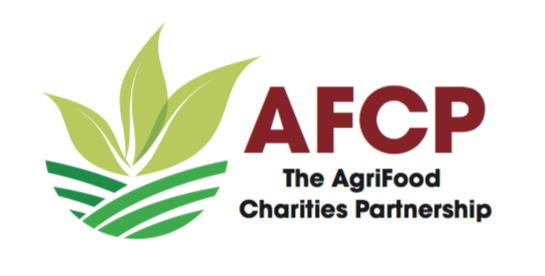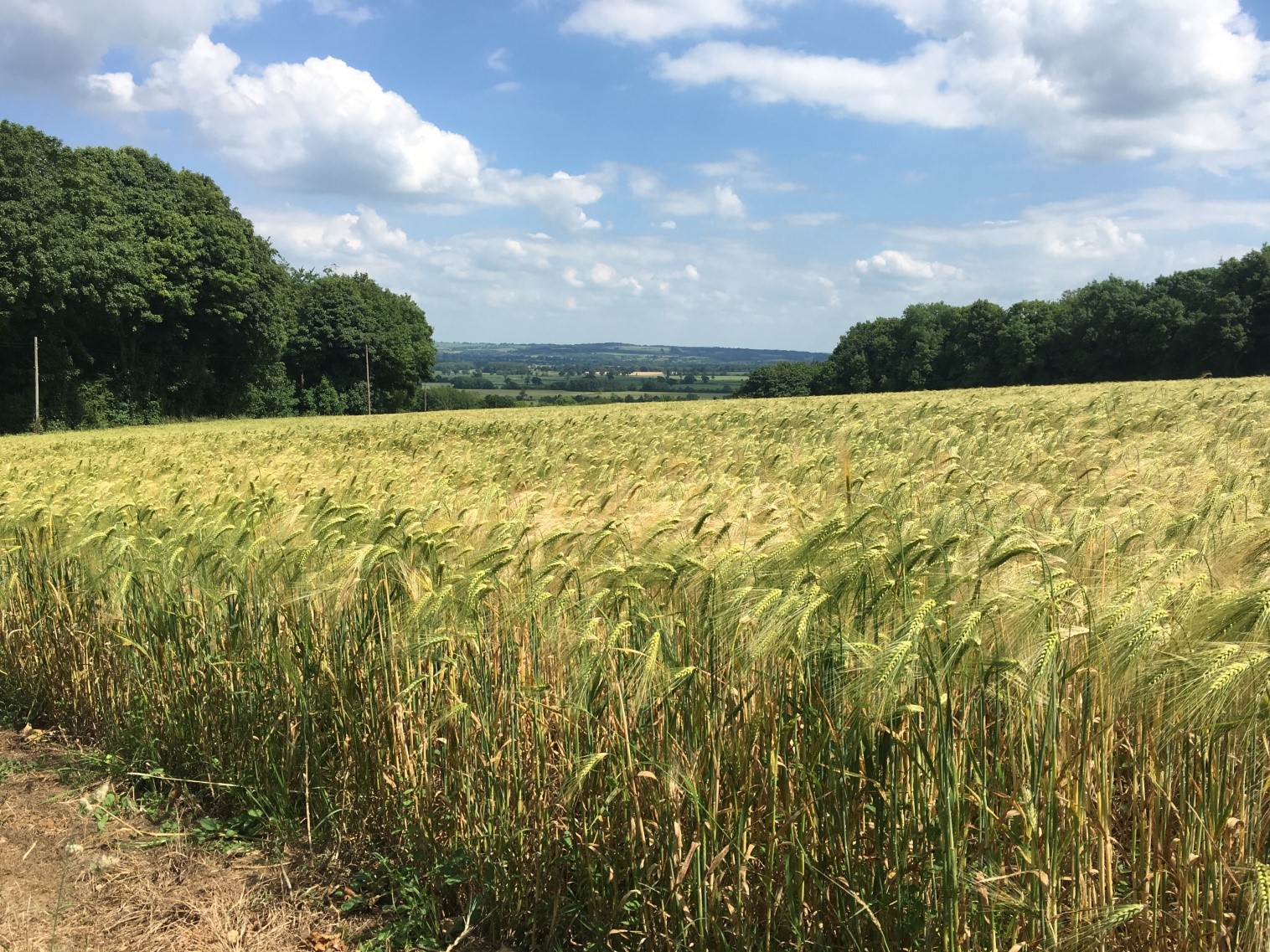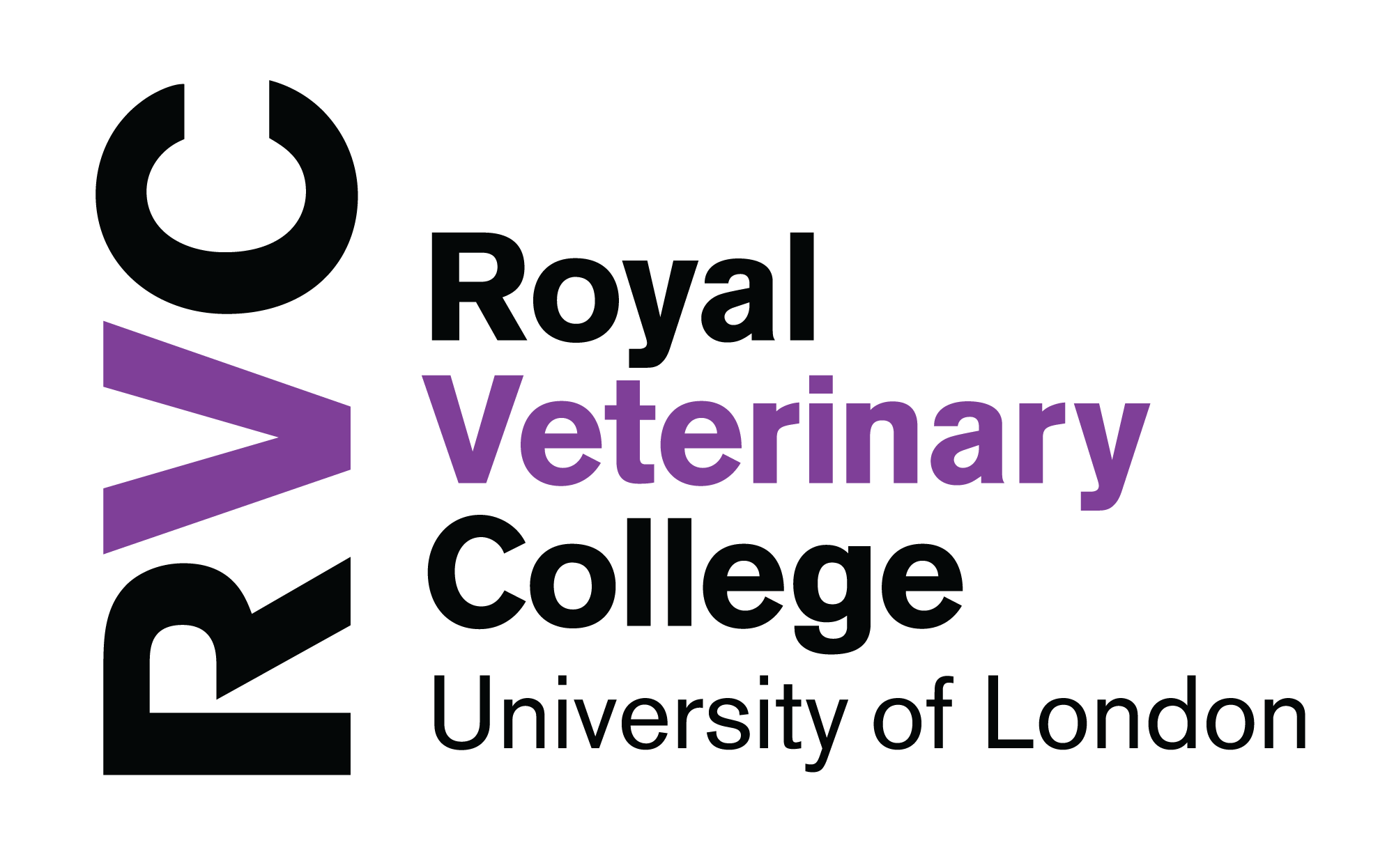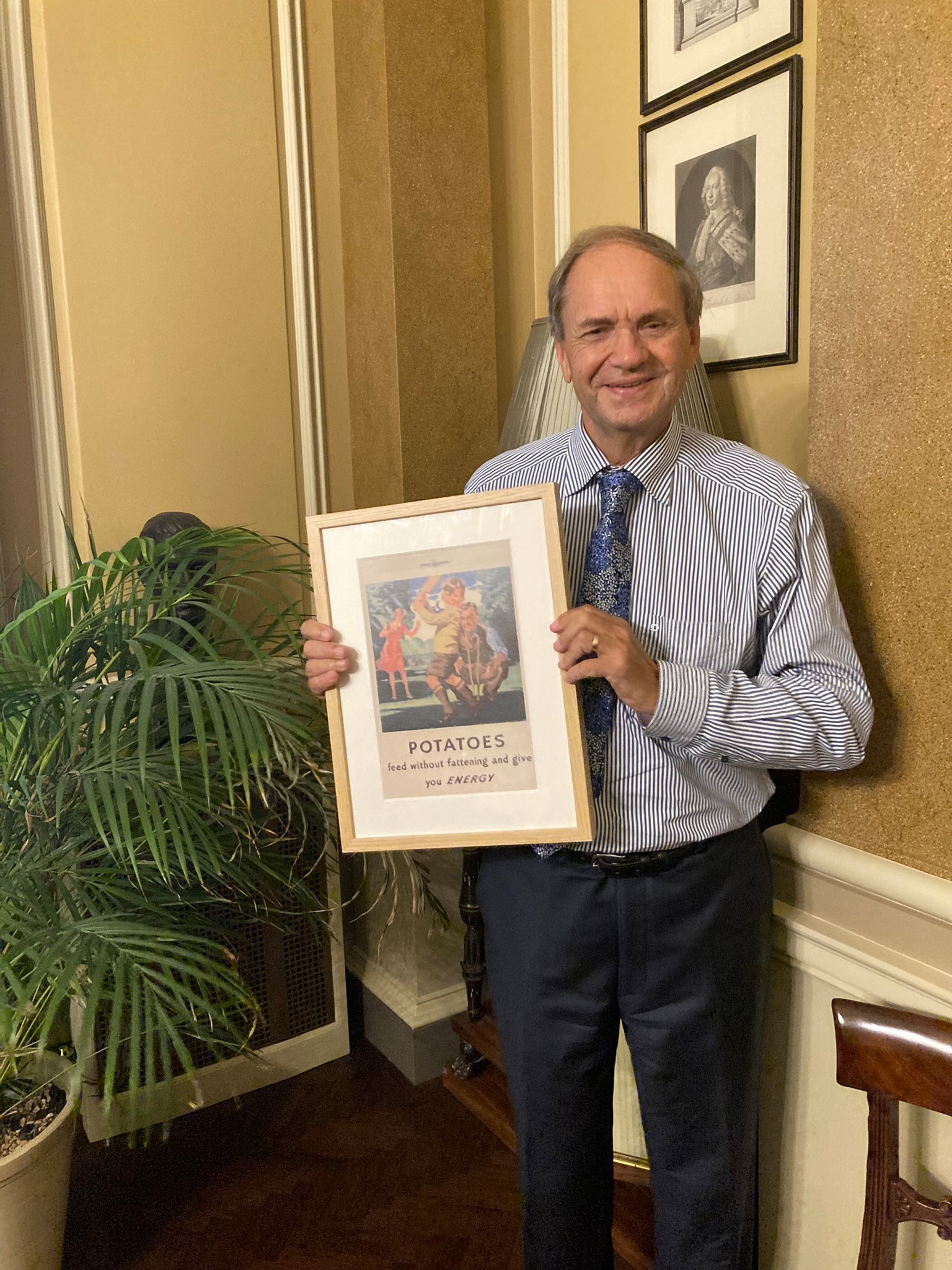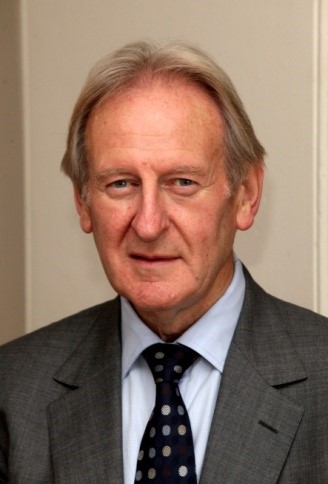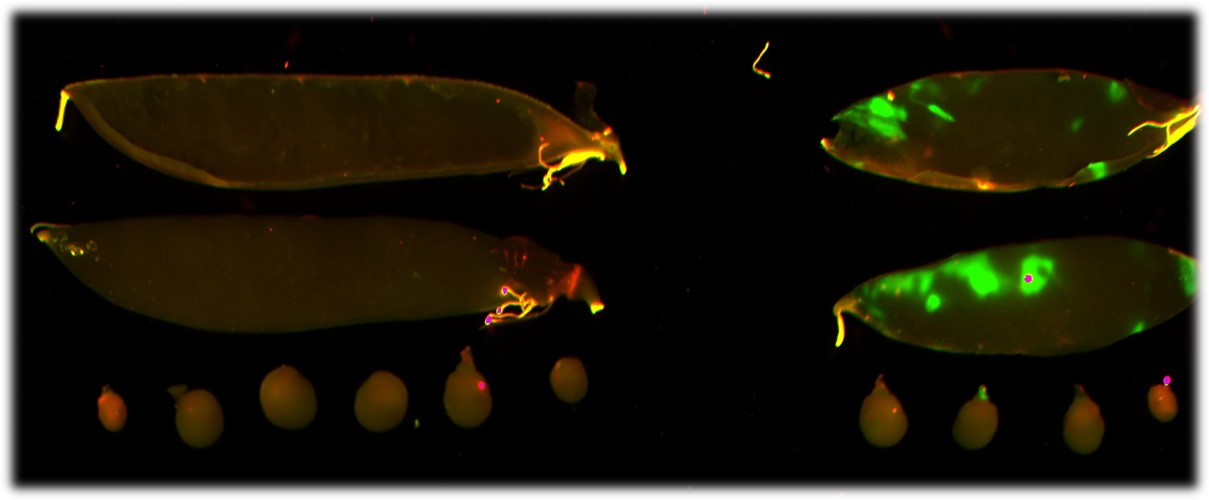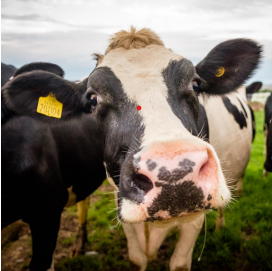A successful conference brought together more than 50 attendees to discuss the latest challenges which are facing animal science.
The Joint AgriFood Charities Partnership Conference was held in the Harper Adams Food Academy earlier this summer, and drew researchers, students, academics, farmers, charity representatives and more for a full day of discussion and networking.
Among the organisers were Harper Adams Honorary Professor in Agricultural Economics Bob Bansback and ABP Chair of Sustainable Beef and Sheep Production Professor Jude Capper.
Bob said: “It was really encouraging to have over 50 conference attendees at this highly successful event.
“There was participation from AFCP member charities, animal scientists and researchers from Harper and other universities, post-graduate students in animal science as well as farmers - the excellent presentations and the variety of participants really enhanced the whole day. There was a particular buzz of conversation during the lunchtime poster session.”
Alongside academics from other universities, Harper Adams was well represented during the day, with research and presentations from Professor Michael Lee, Professor Liam Sinclair, Professor Karl Behrendt, Professor Bob Bansback, Dr Lynn McIntyre and the Director of the School of Sustainable Food and Farming, Simon Thelwell.
Professor Capper emphasised the importance of the conference in encouraging the next generation of animal scientists.
She said: “It was a real pleasure to be part of the organising committee for the Joint Agrifood Charities Partnership Conference on the challenges facing animal science. We had a great day, delegates ranging from farmers to academics, students to industry professionals.
“The number of topics covered were equally diverse, from sharp focuses on sheep foot health and modelling environmental and economic sustainability of beef finishing systems; through to the global challenge of choosing the correct metrics to quantify the sustainability of ruminant systems.
“Of particular note were the excellent posters presented by Harper Adams MRes, PhD and post-doctoral researchers.
“The conference provided these early-career researchers with a great opportunity to talk one-on-one and explain their research to interested delegates.
“It was lovely to see how much interest these posters generated and the very high quality of these short poster presentations."
The conference was kindly supported by sponsors Alltech and MSD Animal Health.
AFCP Chairman, Professor Graham Jellis, added: “AFCP is very grateful to HAU for hosting this meeting and providing some of the excellent speakers and posters, and to our sponsors for their support. It was also a pleasure to hear presentations and read posters from current and past students supported by AFCP charities.”
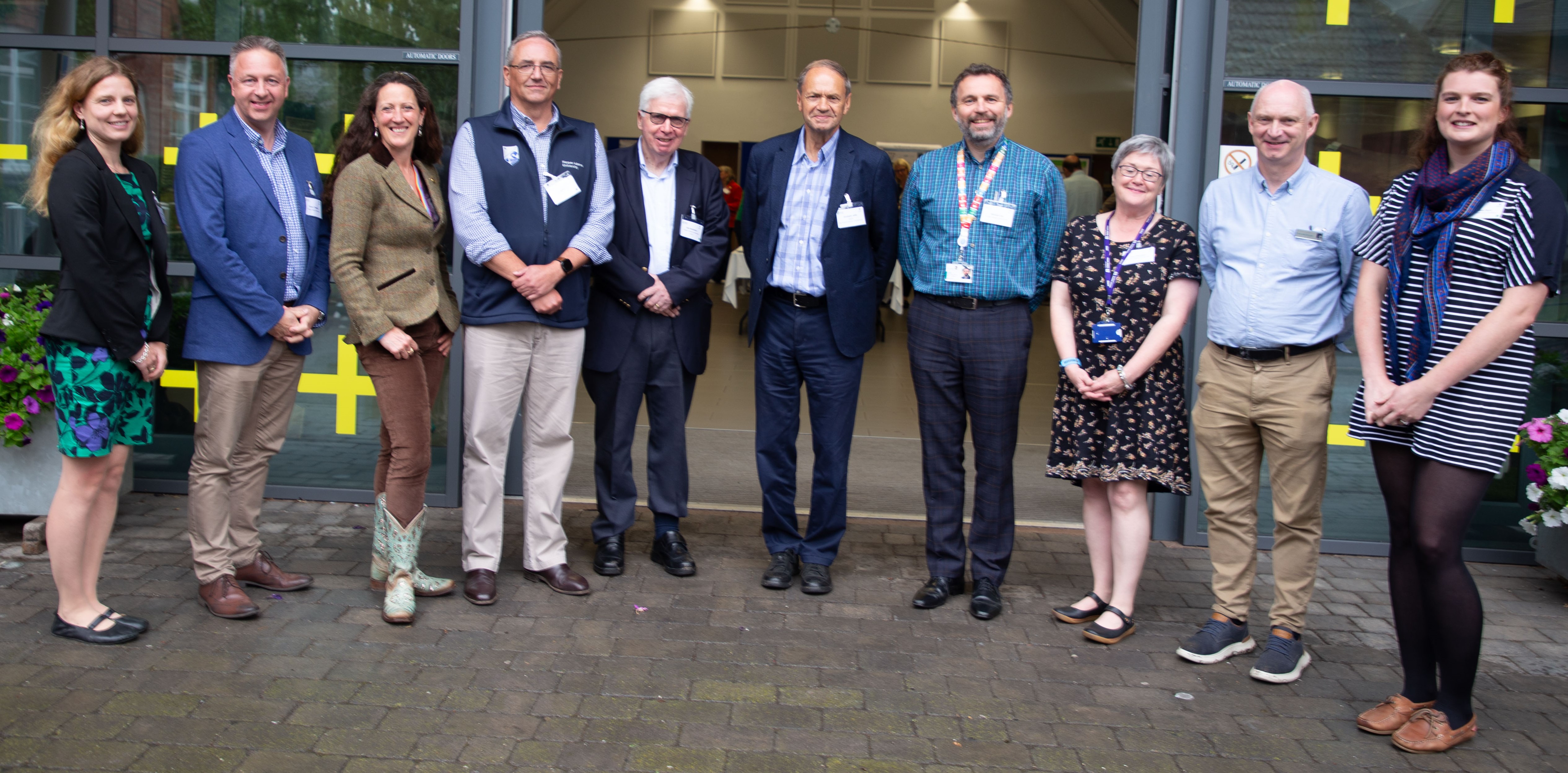


AFCP/HAU Conference
Animal Science - Addressing Current Challenges
Friday 14th July at Harper Adams University
Programme:
10.00 Arrival, registration and refreshments
10.45 Introduction Prof. Bob Bansback (HAU & AFCP)
10.50 Welcome Prof. Graham Jellis (Chair of AFCP)
11.00 Animal Science and the new Harper Adams/Keele Veterinaray School Prof. Michael Lee (Deputy Vice Chancellor HAU)
11.20 Tour of Farm and Livestock Research Area options:
- Applied Ruminant Research at the Beef and Sheep Unit - Prof. Jude Capper (Sustainable Beef and Sheep Production, HAU).
- Dairy Research Work - Prof. Liam Sinclair (Animal Science, HAU).
- Pig Unit Work - Sarah Icely (Deputy Sector Manager, HAU).
12.20 Return to the Regional Food Academy (RFA) Lecture Theatre:
- HAU Food Activity and RFA Resources - Dr Lynn McIntyre (Senior Lecturer in Food Safety, HAU).
- Evaluation of net carbon emissions from dairy production systems - Fern Baker (PhD student, jointly funded by AFCP members, Nottingham University)
13.00 Lunch and Poster Session
14.30 Lameness in Ruminants (based on her PhD funded by AFCP member, The Perry Foundation) - Dr Caroline Best (University of Bristol, Veterinary School)
HAU School of Sustainable Food & Farming (SSFF) - Simon Thelwell (HAU Strategic Director, SSFF)
Agri-tech Developments in the Beef and Sheep Sectors - Prof. Karl Behrendt (Agri-Tech Economics, HAU).
15.30 Panel Discussion, Chaired by Prof. Jude Capper.
16.00 End
Click here for biographies of all the speakers


